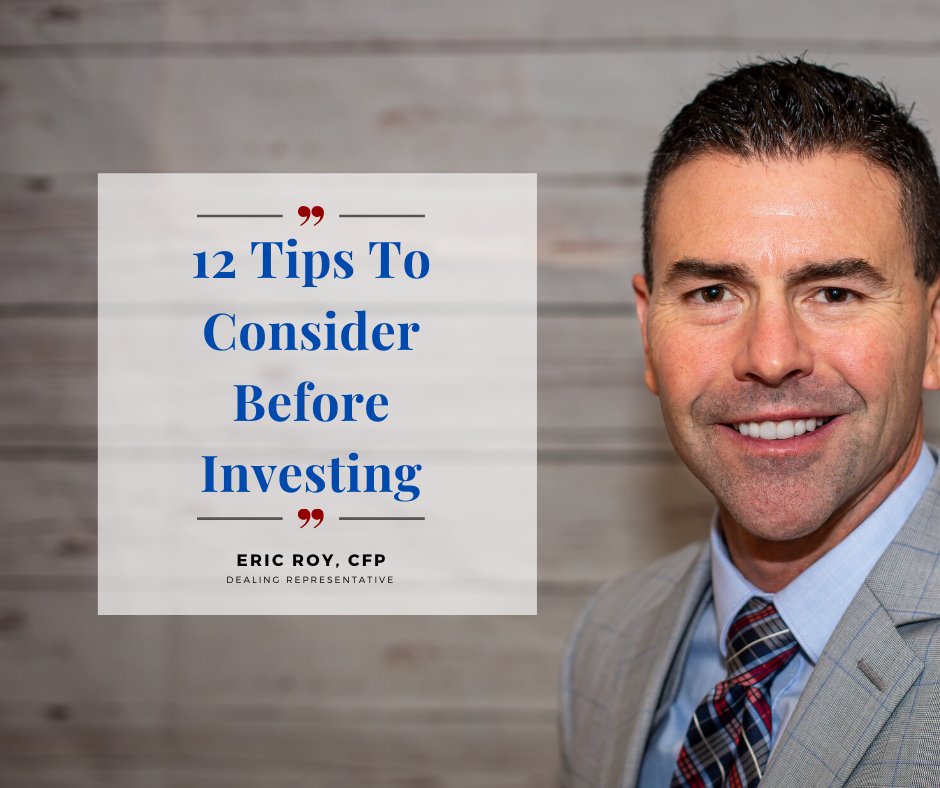Buying life insurance means preparing for the worst. While it’s not always easy to think about, it’s something everyone needs consider at one point or another. When considering life insurance, you might ask yourself, “Should I or shouldn’t I?” At the end of the day, there’s no universal right or wrong answer. Determining whether or not life insurance is right for you will be entirely dependent on your individual needs. In making this decision, it’s helpful to understand the different life insurance options out there. While term and whole life insurance policies are very popular, universal life insurance may be an appealing option for those who are unsure as to whether or not they need life insurance in the first place. Here’s why universal life insurance is unique and how to know when it’s right for you.
What Is Universal Life Insurance?
Universal life insurance is the combination of two distinct elements. The first is a whole life policy and the second is an investment component. While both elements support different functions, they work together to deliver value to the policy holder in a singular financial investment.
Pros to a Universal Life Insurance Policy
- Length. As the name suggests, universal life insurance is a form of permanent insurance, meaning the coverage will last your lifetime as long as you continue to pay the premiums. For some, this makes it more appealing than term life insurance, which only provides the policy holder coverage for a set term such as 10 or 20 years.
- Flexibility. Universal life insurance can be personalized (within reason) to fit your needs. It allows you to adjust your premium payments if and when your needs or situation changes.
- Investment Opportunities. As mentioned, universal life insurance comes with an investment component. This gives it a big advantage because it means you can access the money while you are alive either to fund financial goals or to use it as collateral for a loan. For a standard life insurance policy, your premium payments will go into a policy fund, which pays for the cost of your coverage as well as investments. The cash that is invested then grows according to the performance of your investments and the amount of your premiums.
Cons to a Universal Life Insurance Policy
- Risk. Anytime you invest, you accept the risk that comes along with it. While a universal life insurance policy allows you to decide your risk-tolerance, you still must accepts the risk that future investment returns may not be enough to fund the cost of insurance.
Hopefully this has helped you understand what universal life insurance is and whether or not it’s a good option for you. While there are many advantages to life insurance in general, determining whether or not you need it can be difficult. For more information or for help determining your needs, contact a financial advisor today.




